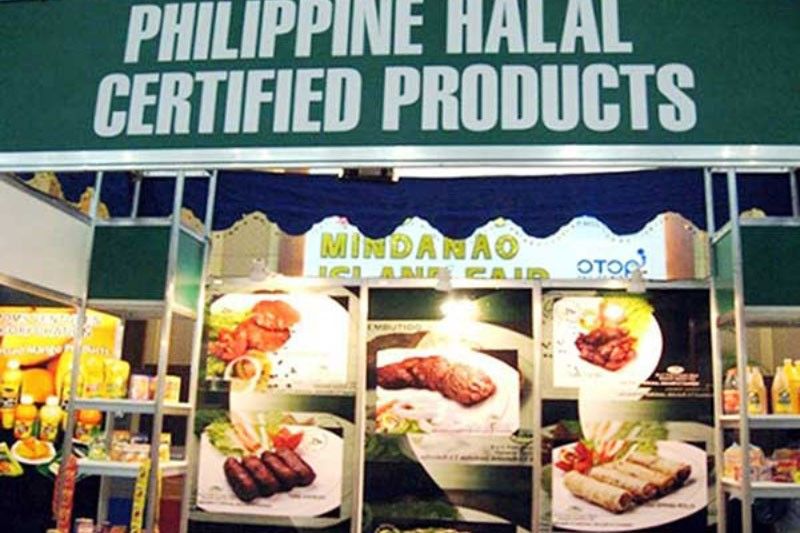Exporters push for halal trade standardization

CEBU, Philippines — Filipino exporters are now seriously considering to tap the halal market and pleading for consistent standardization and certification in Halal trade and economic practices.
In a statement, Philippine Exporters Confederation Inc. (PHILEXPORT) president Sergio Ortiz-Luis Jr. said that this move is being pursued in order to maximize opportunities in the trillion-dollar sector and help meet export targets.
“In expanding our market niche, Halal testing laboratories are critical to boost the integrity of locally-made Halal products and increase the credibility of our country’s Halal manufacturers and producers to attract more Halal investors and increase Halal- certified product lines,” Ortiz-Luiz said.
Such laboratories should also help not only in compliance with Shariah and science requirements, but also ensure product acceptability in international standards, he said.
Ortiz-Luis said such standards cover the whole value chain, including traceability and audit, packaging system, information and communications technology, and capacity building, as he acknowledged the assistance of the Departments of Trade and Industry (DTI) and Science and Technology in these areas.
He added the national Halal certification scheme signed in 2018 contains the guidelines of certification by the Halal certification bodies in the country.
There are currently nine Halal certifying bodies in the Philippines that look into food, cosmetics and personal care items, as well as hotels and restaurants. He also highlighted the business opportunities offered by the Halal market to the micro, small and medium enterprises (MSMEs), with the global market size valued at US$4.55 trillion in 2017.
“From a business perspective therefore, the Halal market continues to offer increasing opportunities which initially was dominated by the food and beverage sector but has expanded to many other products such as pharmaceuticals and health supplements, cosmetics, toiletries and personal care; services including tourism, recreation, logistics and shipping, standards, auditing and certification and banking and finance and from fine dining to fast food to schools, hospitals, military rations and even prisons,” he added.
A market report revealed the global Halal food market alone reaching a value of US$1.4 trillion in 2017, and is projected to grow to US$2.6 trillion by 2023.
He said the global Muslim travel market, on the other hand, is expected to reach US$220 billion, which will eventually grow to US$300 billion by 2026.
“The country is in a good position both as a global supplier and as a market to grow in this sector since Muslim Filipinos form a significant segment of the population and economy. Mindanao is projected to become the Halal hub due to its strategic location in this part of the world,” he added.
Ortiz-Luis said the majority of Filipino Muslims also live in the Mindanao island group, with at least 4.8 million Muslims there, or 94 percent of the country’s Islamic population.
He said it is thus imperative to promote and market Halal as a sustainable way of living and doing business; and an avenue for economic development rather than strictly on religious terms.
- Latest






















